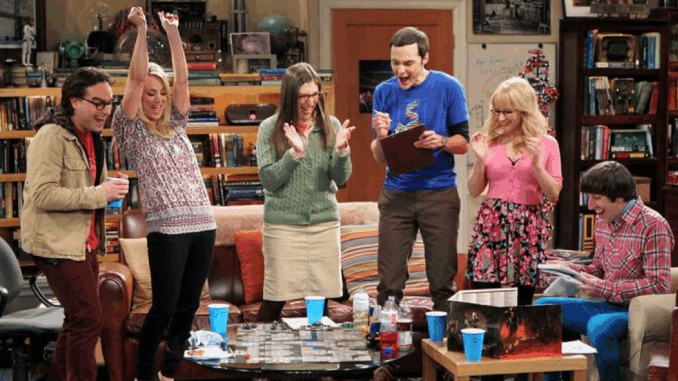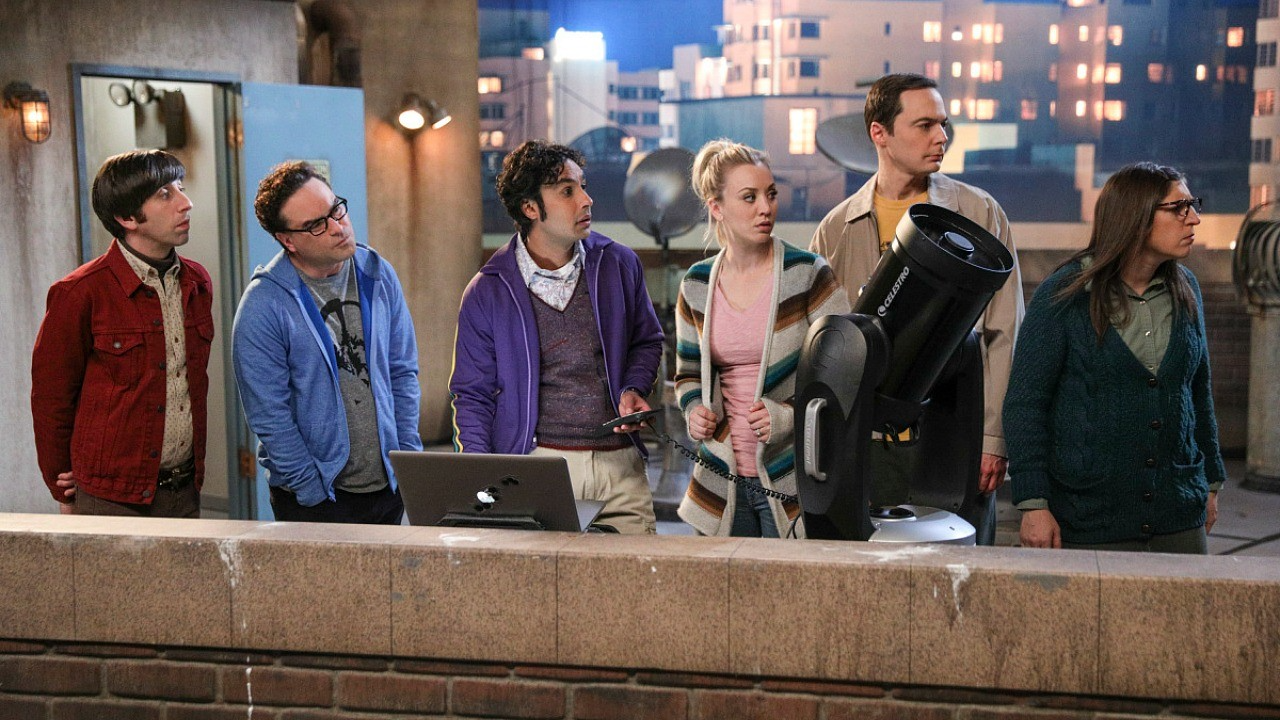
From Niche to Mainstream: The Rise of Nerd Culture
When The Big Bang Theory first premiered in 2007, the television landscape was dominated by romantic comedies, procedurals, and reality TV. A sitcom centered on four socially awkward scientists seemed like a long shot—especially when its central humor revolved around quantum mechanics, string theory, and comic book lore.
But the show did something revolutionary: it made nerd culture cool.
By incorporating science, gaming, cosplay, and pop culture into its storyline without apology, The Big Bang Theory brought formerly fringe interests into the mainstream. Suddenly, it was okay—no, celebrated—to wear superhero t-shirts, quote Star Trek, or discuss Schrödinger’s Cat over coffee.
It wasn’t just entertainment. It was validation for millions who had never seen themselves reflected on screen.
Science Meets Sitcom: A Rare Formula for Success
One of the show’s greatest accomplishments was marrying scientific authenticity with broad comedy. With physicist David Saltzberg serving as the show’s scientific consultant, The Big Bang Theory ensured its equations, references, and theories were accurate—even when played for laughs.
Sheldon Cooper’s whiteboard equations weren’t just props—they were real problems rooted in contemporary physics. The mention of Nobel Prizes, space missions, or developments in robotics weren’t fictionalized—they mirrored real-world breakthroughs.
This made the show a surprising hit with academics. Professors showed clips in classrooms. Scientists praised the attention to detail. The series even inspired younger viewers to pursue STEM careers, a ripple effect few sitcoms could ever claim.
A Global Phenomenon Beyond Language Barriers
The Big Bang Theory wasn’t just a hit in the U.S.—it became a global sensation. With syndication in over 70 countries, the show’s brand of humor translated across borders. Audiences in Brazil, Germany, India, and Australia fell in love with the eccentricities of Sheldon, Leonard, Penny, Howard, Raj, Amy, and Bernadette.
The international appeal stemmed from something universal: the awkwardness of relationships, the longing for connection, and the triumph of embracing one’s identity. Whether or not viewers understood the scientific jargon, they connected with the emotional journeys.
Fan communities emerged online—creating art, fiction, memes, and discussions. From Comic-Con panels to dedicated Reddit threads, The Big Bang Theory wasn’t just watched; it was lived.
Representation and Criticism: A Complicated Balance
While the show broke ground in many ways, it wasn’t without critique. Critics pointed out its stereotypical portrayals—of Indian culture through Raj, of women in science, of the use of Sheldon’s behaviors for comic effect (which some associate with traits of neurodivergence).
The show gradually adjusted, especially in later seasons. The inclusion of strong, intelligent female scientists like Amy and Bernadette helped counter early criticisms of gender imbalance. And while Raj’s arc remained frustratingly incomplete, his character evolved from stereotype to substance.
These debates are part of the show’s legacy. It wasn’t perfect—but it started conversations. And that, in itself, marks cultural relevance.
Awards, Accolades, and Astronomical Numbers

During its 12-season run, The Big Bang Theory racked up dozens of awards, including Emmys, Critics’ Choice Awards, and People’s Choice Awards. Jim Parsons (Sheldon Cooper) became one of the highest-paid actors on TV, winning multiple Emmys for his role.
Its series finale in 2019 drew over 18 million viewers, a staggering number in an era of streaming fragmentation. The show’s syndication deals remain among the most lucrative in TV history, ensuring its place in living rooms for decades to come.
Beyond the Final Episode: A Lasting Footprint
Even after the curtains closed, the show’s impact continues. Young Sheldon, its prequel series, explores Sheldon’s early life and has carved out its own loyal fanbase. The characters and their quotes remain part of internet culture. Phrases like “Bazinga!” and “Fun with Flags” are still echoed by fans online.
More importantly, the show shifted how we view intelligence and introversion on television. It proved that scientists could be funny, awkward, lovable—and worthy of leading roles. That being smart didn’t have to mean being sidelined.
Conclusion: A Sitcom That Changed the Equation
The Big Bang Theory redefined what it meant to be a “nerd” on television. It told audiences that intelligence is attractive, awkwardness is relatable, and passion—whether for science, comics, or string theory—is powerful.
In doing so, it didn’t just entertain millions. It reshaped the culture around them.
In an era where attention spans are short and shows come and go, The Big Bang Theory remains a constant—streamed, quoted, revisited, and remembered. Not many sitcoms can say they sparked both laughs and lab reports. But this one did.